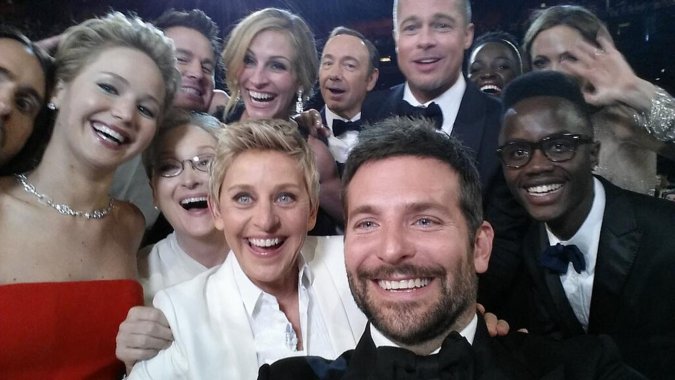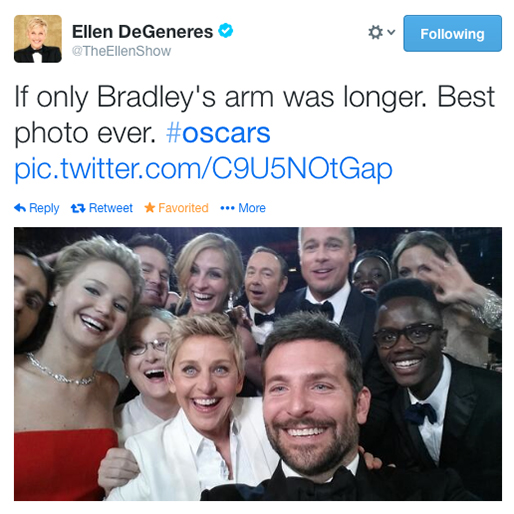I first heard about the paradox of illumination from Lee Loevinger, an extraordinary gentleman I was privileged to know professionally. Lee was a multi-faceted, multi-talented, thought-provoking lawyer whose sage advice and stimulating ideas continue to resonate with those honored to have known him, and everyone else wise enough to read his work and the words he left behind.
In a nutshell, the paradox of illumination is extraordinarily complex, but simple to describe. Much like Albert Einstein who, when asked about his theory of relativity and the notion that time is not constant, described it in personal terms: if a man is at dinner for 10 minutes with a beautiful woman, it seems like a fleeting instant; but sit on a burning hot stove for 10 minutes and it seems like an eternity :).
The paradox of illumination can similarly be described on a personal level. Sit in completely dark room. Really. Completely dark. What can you see? Nothing. You know little about your surroundings and can only sense your own body – in fact, you don’t even know how far your surroundings extend beyond your immediate sensations.
Now light a match. The circle of illumination allows you to see a little of what is around you – but the perimeter and beyond are still dark. Now light a candle. The circle of what you can see illuminated by the light is larger than before, but the size of the perimeter beyond which you cannot see is also a lot larger than before. The larger the light, the larger the area of illumination, but larger by far is the perimeter beyond which we know nothing.
The more we can see and the more we know and understand about the world around us, the larger the amount becomes that we don’t know. In other words, as the circle of our knowledge grows, so does the amount of knowledge we cannot see and don’t know. The paradox of illumination is the paradox of knowledge. Perhaps that is why Michelangelo, when he was more than 87 years old, still said, “Ancora Imparo” (I am still learning).





 So now it is official and perhaps an illustration of how life can imitate art – in this case the motion picture “
So now it is official and perhaps an illustration of how life can imitate art – in this case the motion picture “